Regulations on "special incentives" for CNC projects in difficult areas
Giving comments on the Draft Law on High Technology (amended) at the 14th plenary session of the Committee on Science , Technology and Environment recently, delegates all agreed that it is necessary to amend the Law on High Technology to perfect the institution and create a synchronous legal corridor for high technology (CNC) development.
In particular, in the context of the world entering a new stage of development, in which CNC plays a key role, determining the competitiveness and independent and autonomous development of each country. Therefore, Vietnam needs to quickly innovate its thinking and approach in managing and developing CNC, in which amending the Law on High Technology is a fundamental step to create a policy foundation in line with the development trend and enhance national competitiveness in CNC.

Through studying the draft law, delegates said that the draft has institutionalized and is consistent with the guidelines, policies and strategies of the Party and the State. However, to meet the requirements of breakthrough development according to the content of the "trio" of Resolution No. 57 - 66 - 68 of the Politburo , the Drafting Committee needs to continue to review, research and more clearly institutionalize breakthrough policies and measures to promote research and development activities of CNC and strategic technology; the policy of streamlining the organization of the political system, arranging administrative units, associated with decentralization and delegation of power in state management of high technology; reviewing and removing specific regulations on state management content under the Government's authority in the draft law to ensure the implementation of the requirement of innovative thinking in lawmaking.
Specifically, regarding the State's policies on high-tech and strategic technology development, delegates proposed to continue reviewing and providing special incentives for CNC projects in ethnic minority, mountainous, border, and socio-economically difficult areas, including: corporate income tax exemption and reduction, 0% interest rate loan support for investment in digital infrastructure development, priority land allocation for CNC zones in socio-economically difficult areas; policies to encourage training of ethnic minorities, people living in mountainous, border, and island areas with full scholarships to study digital transformation training programs.
According to delegates, this content will contribute to the implementation of Resolution No. 57-NQ/TW on breakthroughs, development of science, technology, innovation and national digital transformation associated with ethnic policies; have a policy of prioritizing investment in technology infrastructure, striving to achieve the goal of 5G network coverage, 100% electricity supply to villages and hamlets. Applying technology, digital transformation, and supporting ethnic minorities in socio-economic development are urgent requirements to narrow the development gap.
Consider removing the regulation on "High-tech agricultural zones"
Regarding the removal of regulations on CNC Agricultural Zones to focus resources on other support policies due to unsuccessful implementation in practice, the role and necessity of this model in developing CNC applications in agriculture have not been determined. Delegates said that the reasons given by the drafting agency are not convincing and need more practical research and full evaluation.
According to National Assembly Deputy Nguyen Van Thi (Bac Ninh), our Party and State have identified agriculture as a national advantage and a pillar of the economy. Therefore, in the current period and in the future, our country's agriculture needs to be invested in, research and application of CNC is promoted. Resolution 278/NQ-CP dated September 13, 2025 of the Government only requires "careful review and completion of regulations on CNC agricultural zones in the draft law to ensure effective promulgation of policies" but does not require the removal of this model. "Therefore, we must consider whether the CNC application policies in the past were due to the unnecessary nature of the agricultural sector or due to the implementation organization, or due to inappropriate policies leading to ineffectiveness", Deputy Nguyen Van Thi emphasized.
Agreeing with this content, Deputy Head of the National Assembly Delegation of Nghe An Province Thai Thi An Chung pointed out that in reality, the whole country has 34 CNC agricultural zones planned in 19 provinces and cities, including 6 large-scale CNC agricultural zones (area over 400 hectares) established in Hanoi, Thanh Hoa, Phu Yen, Hau Giang, and Binh Duong and hundreds of CNC agricultural zone models formed across the country. "Thus, if the regulations on CNC agricultural zones are omitted, which organization will be responsible for implementing the functions of the current CNC agricultural zones to implement the goals of agricultural, farmer and rural development such as Resolution No. 19-NQ/TW, Resolution No. 57-NQ/TW on creating breakthroughs for science, technology, innovation and digital transformation in the agricultural sector and solving related legal issues?", delegate Chung asked.
Receiving comments from delegates, a representative of the Ministry of Science and Technology said that the ministry has been considering whether or not to remove the regulation on High-tech Agricultural Zones; because, in reality, removing this regulation could cause great impact and difficulties for many units, localities and enterprises; therefore, the ministry will accept and continue to study and review the provisions in the draft law to ensure that it is consistent with reality and meets the country's development requirements in the new situation.
Source: https://daibieunhandan.vn/hoan-thien-chinh-sach-phap-luat-khoa-hoc-cong-nghe-doi-moi-sang-tao-va-chuyen-doi-so-tang-cuong-nang-luc-canh-tranh-quoc-gia-ve-cong-nghe-cao-10390258.html








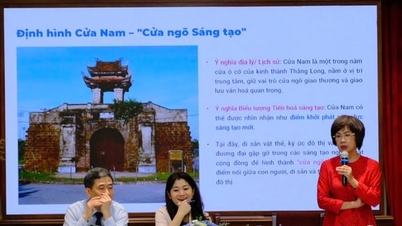



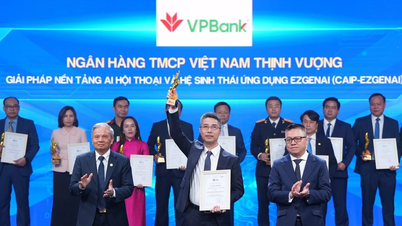

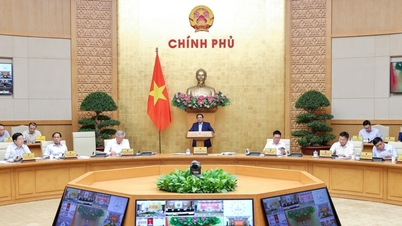

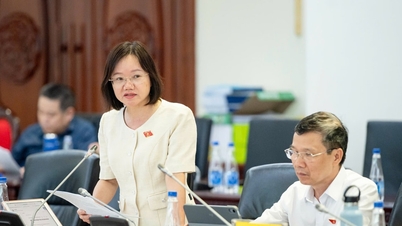


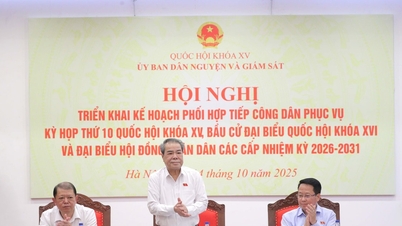
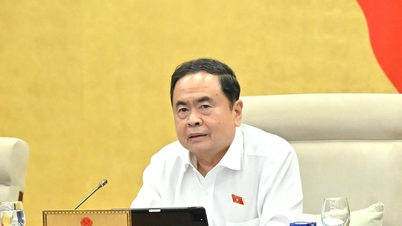
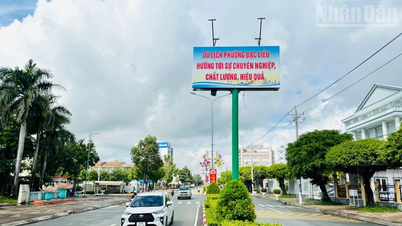

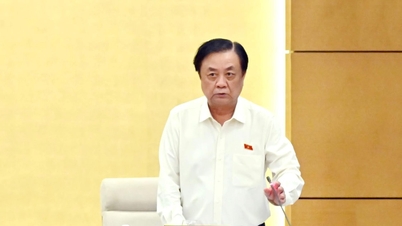
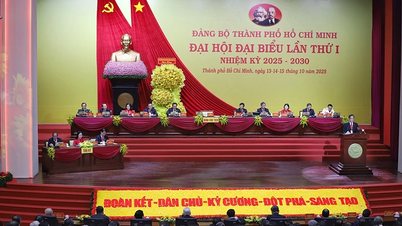





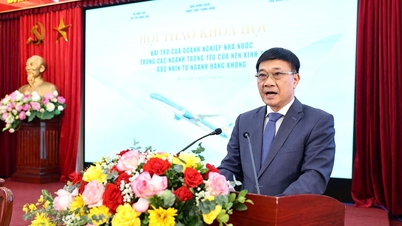
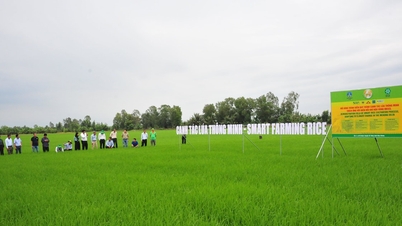
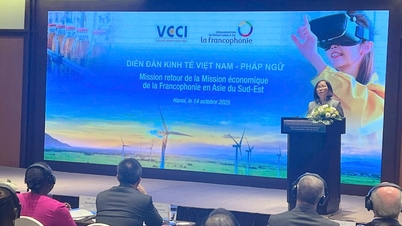
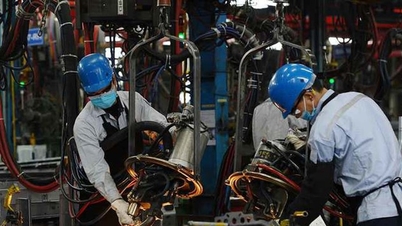

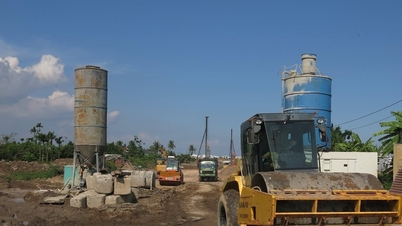












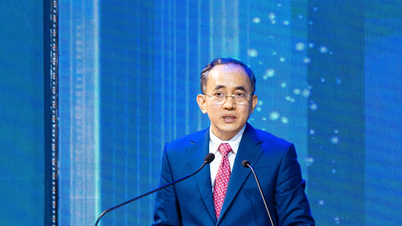










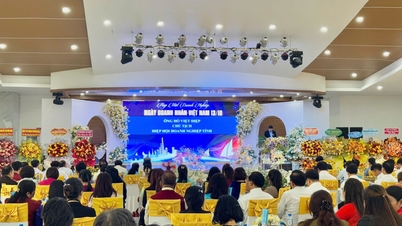



















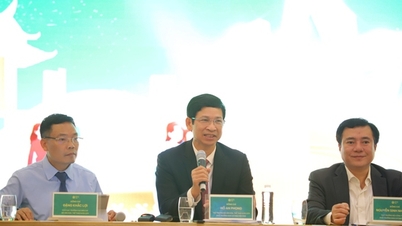

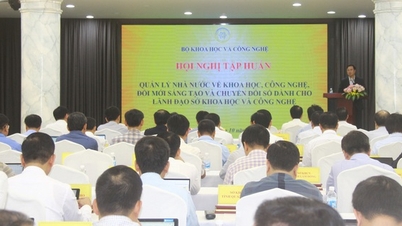



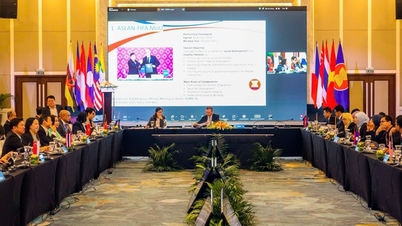
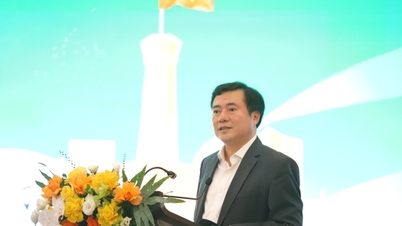
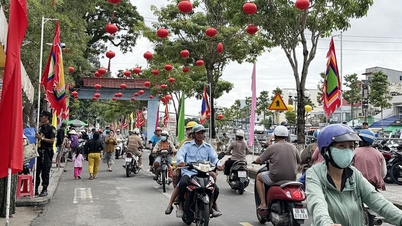

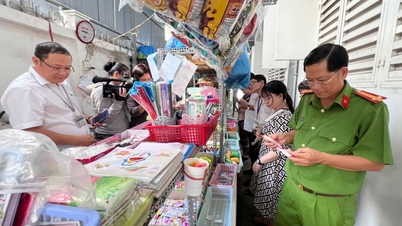



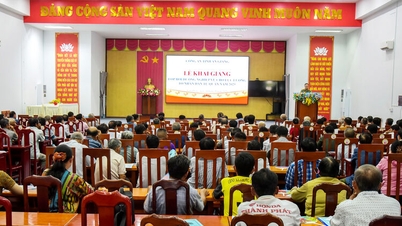
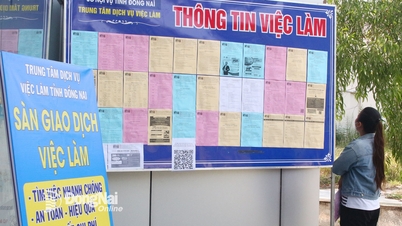















Comment (0)